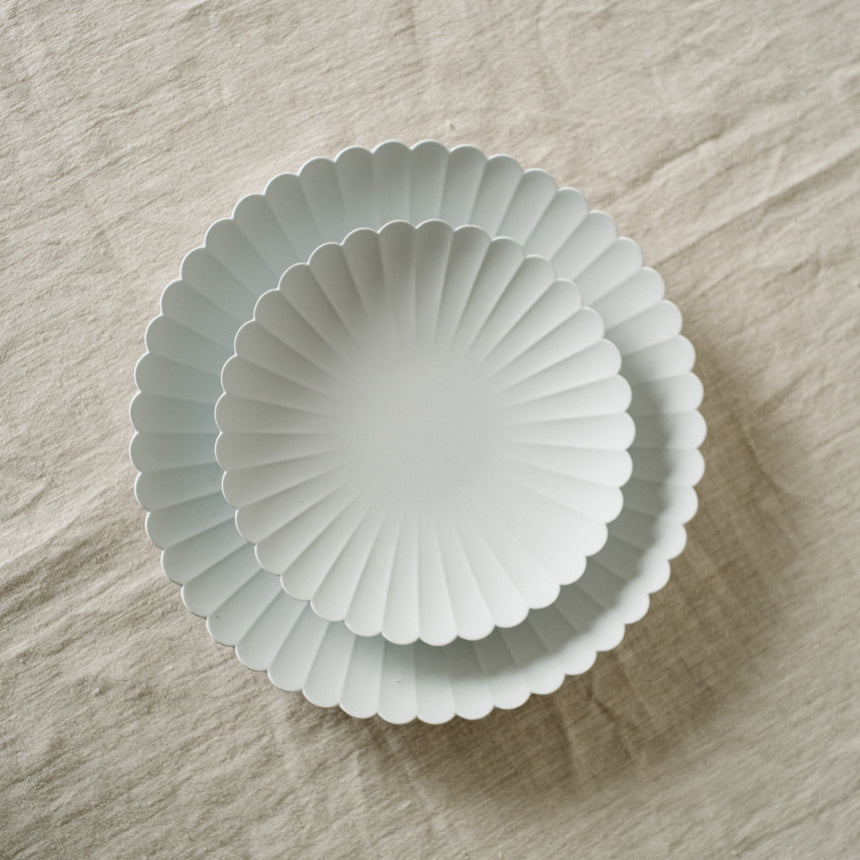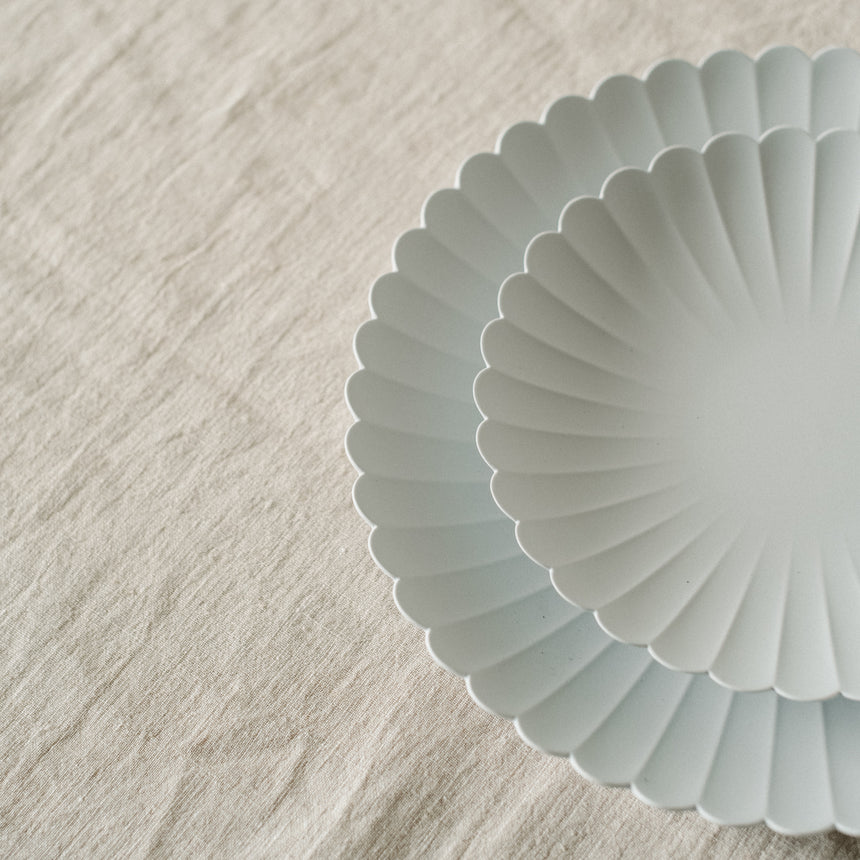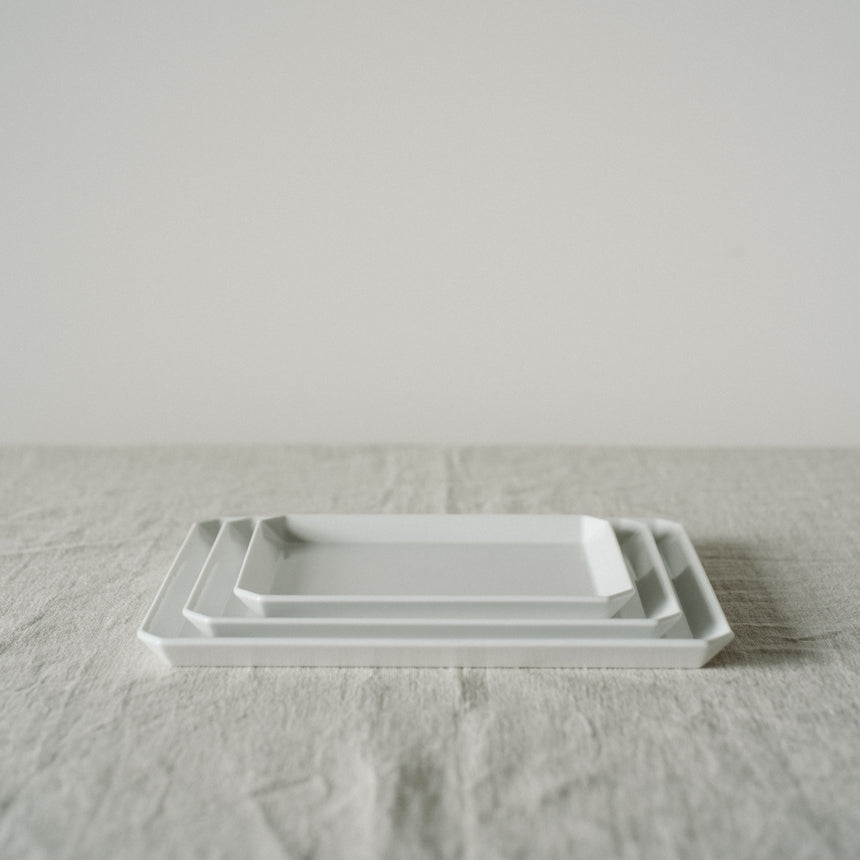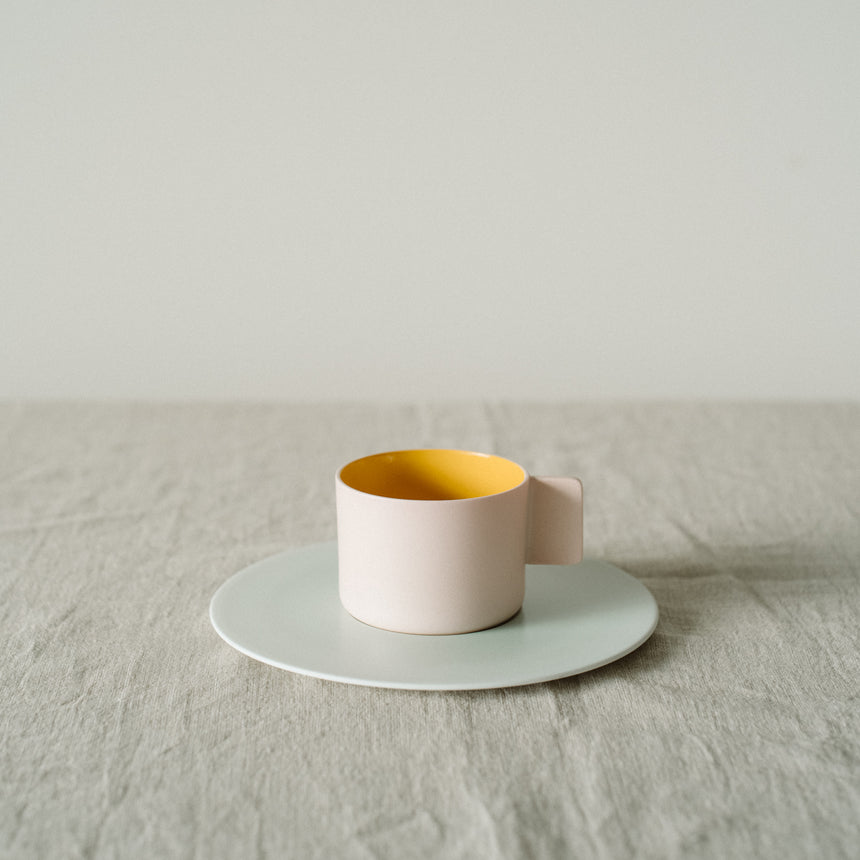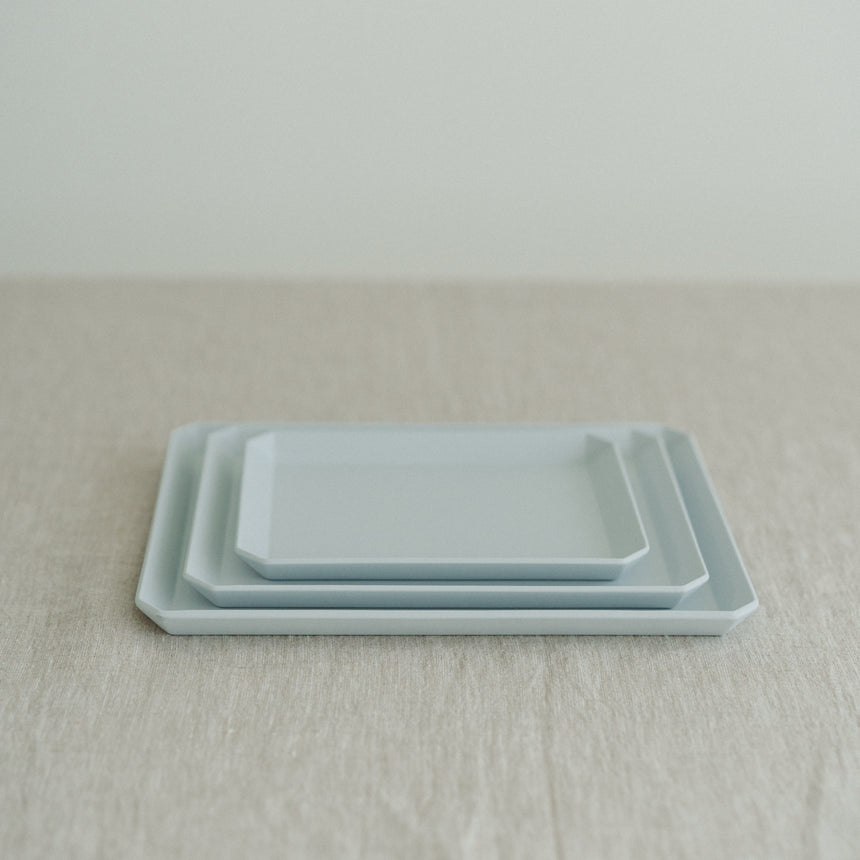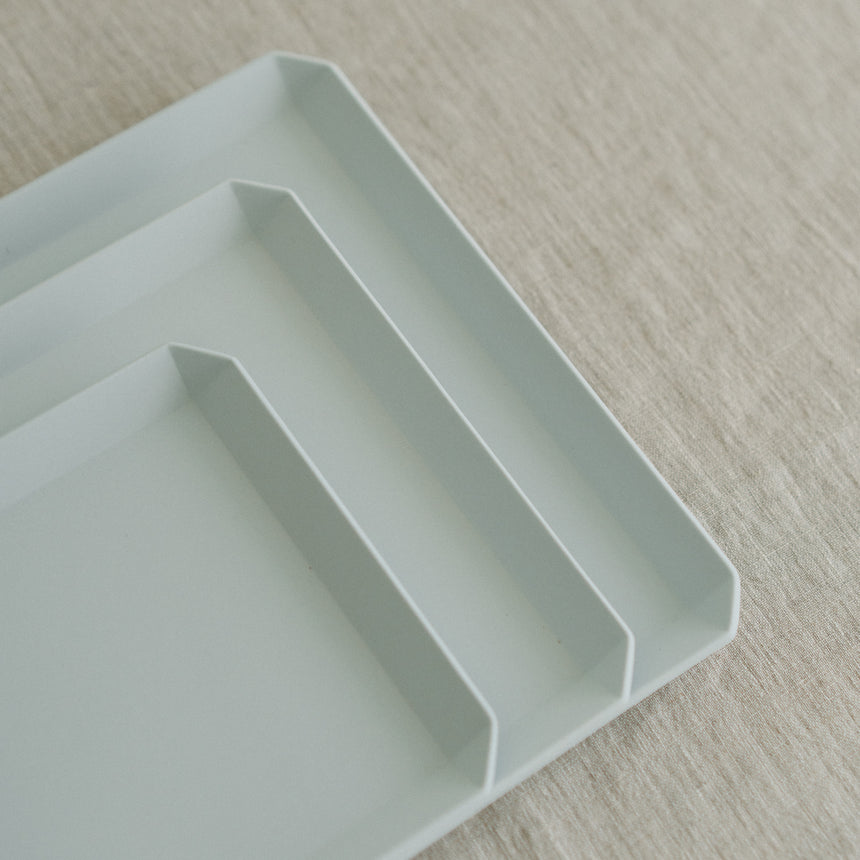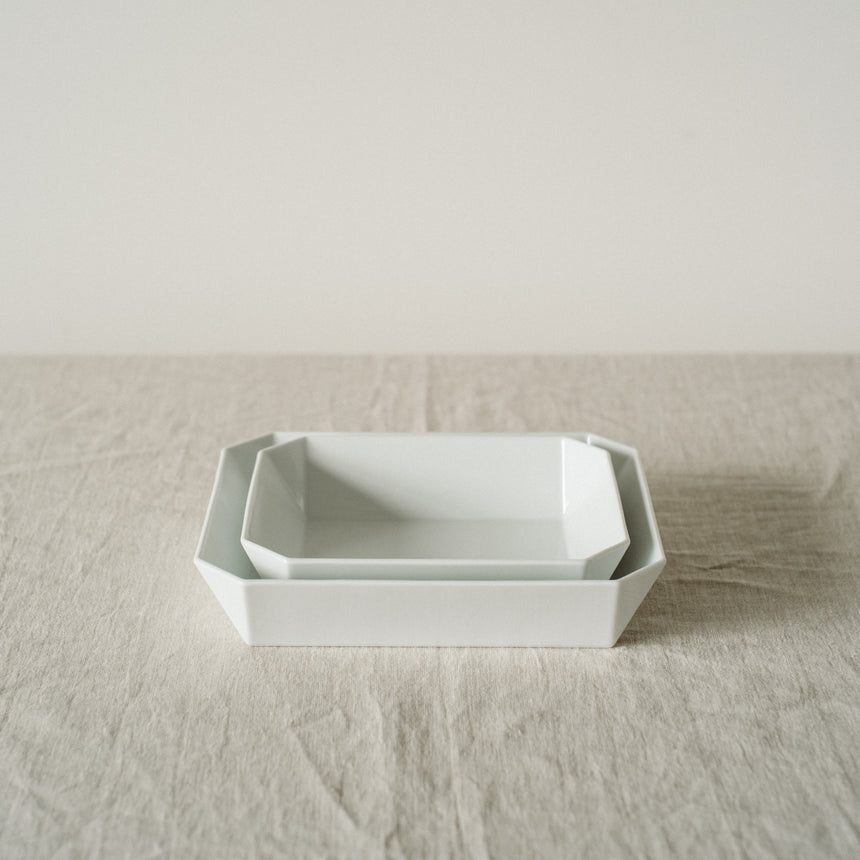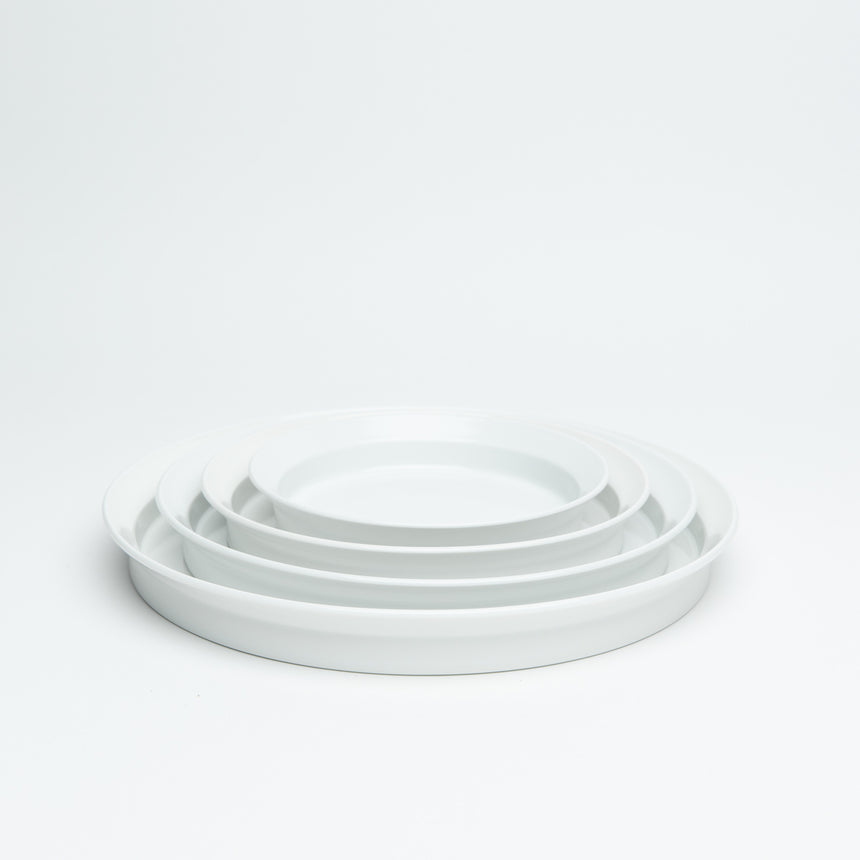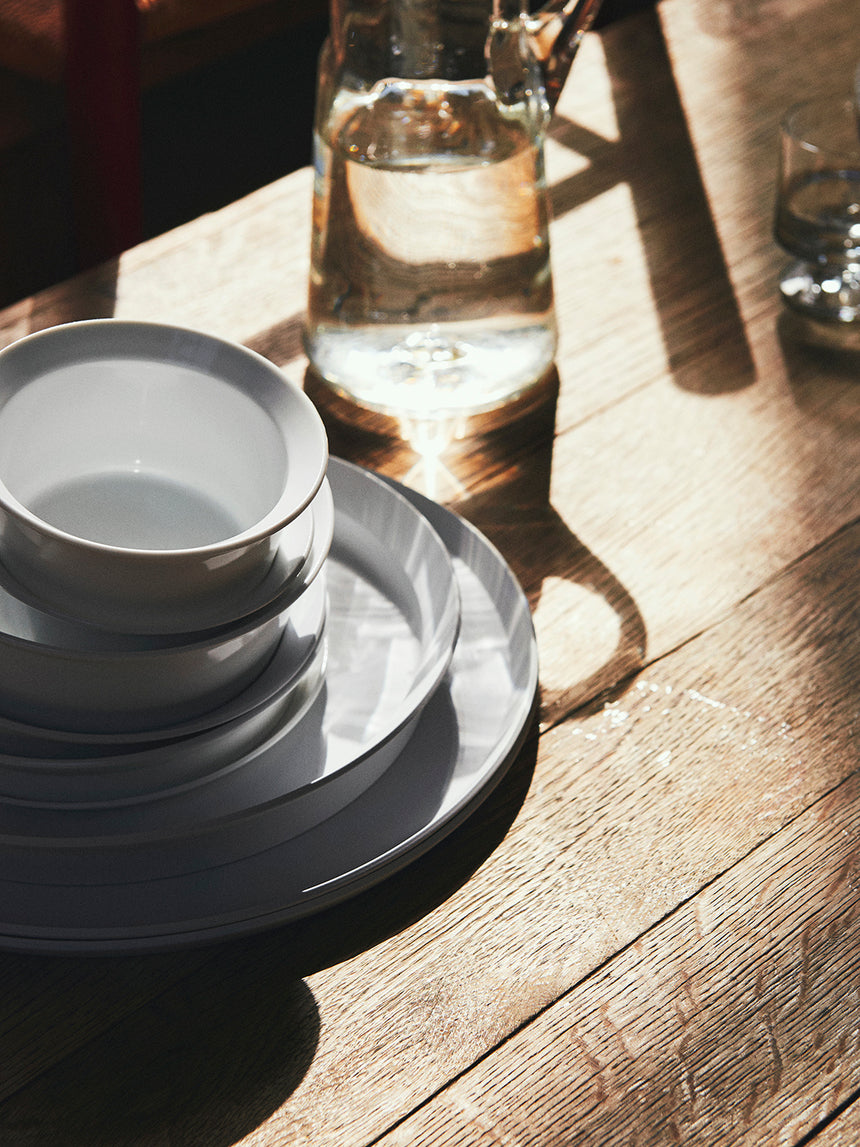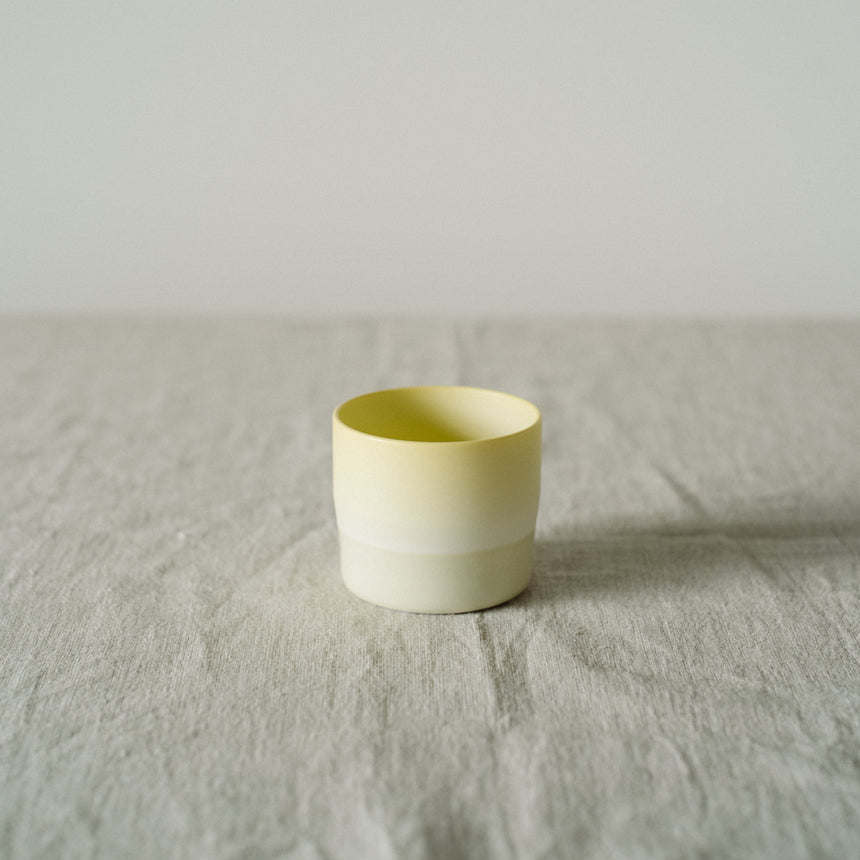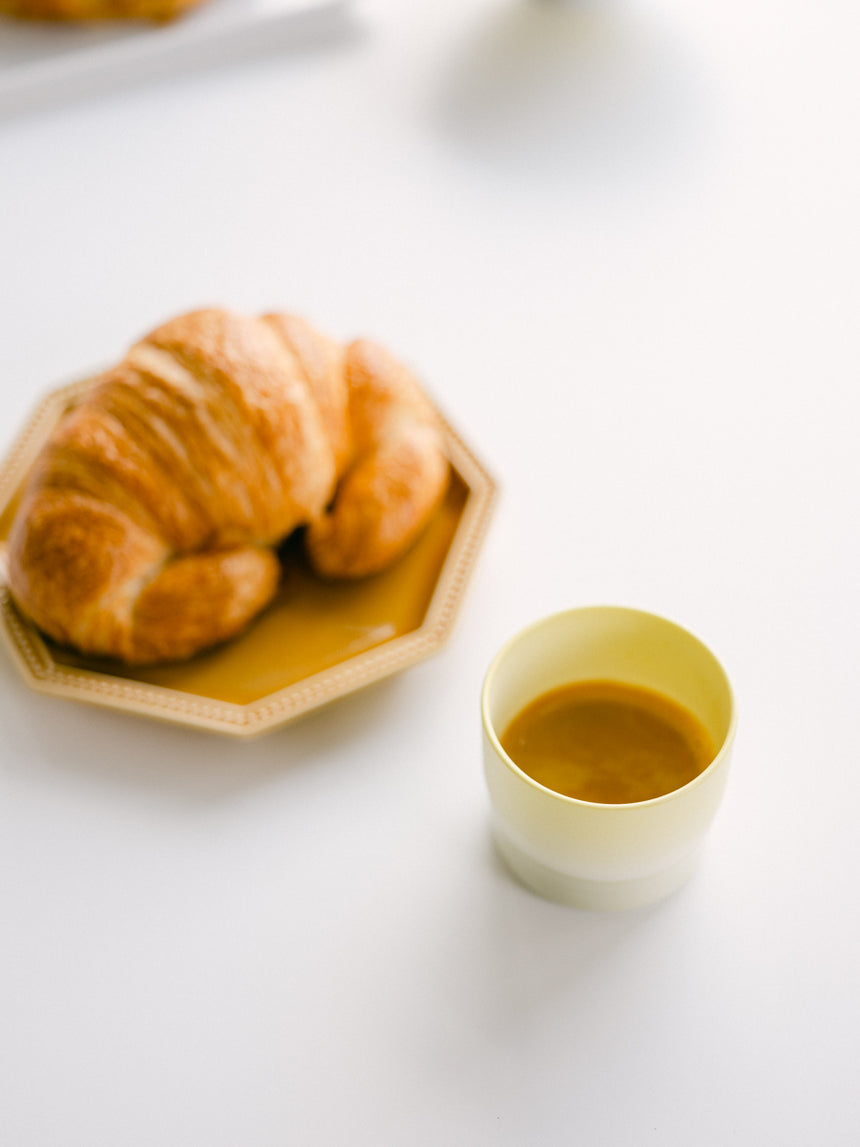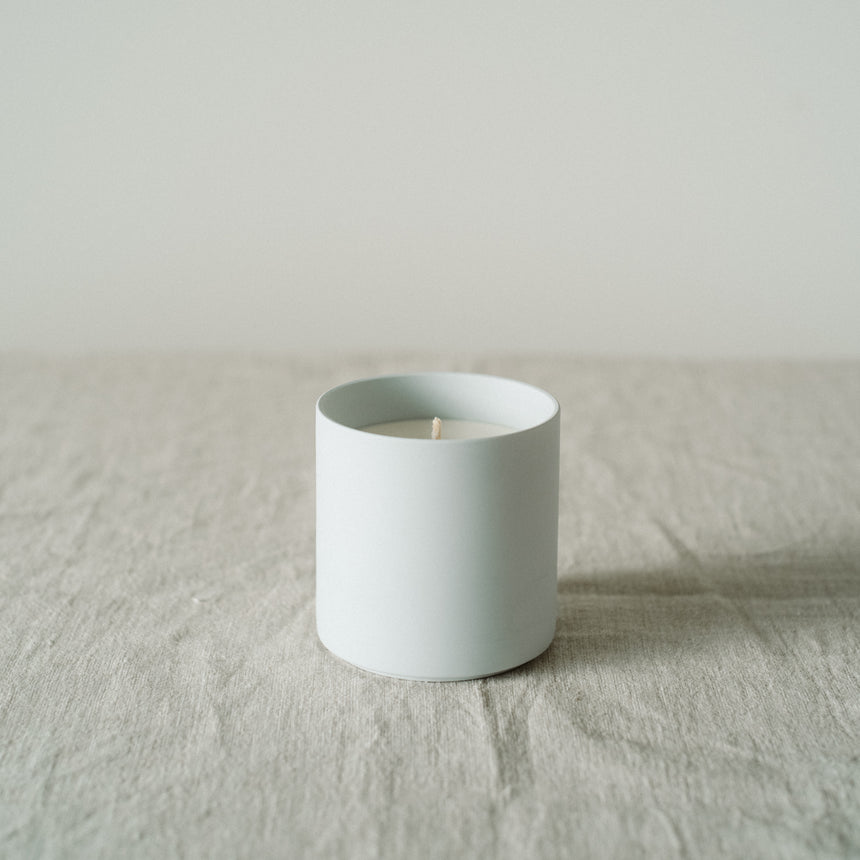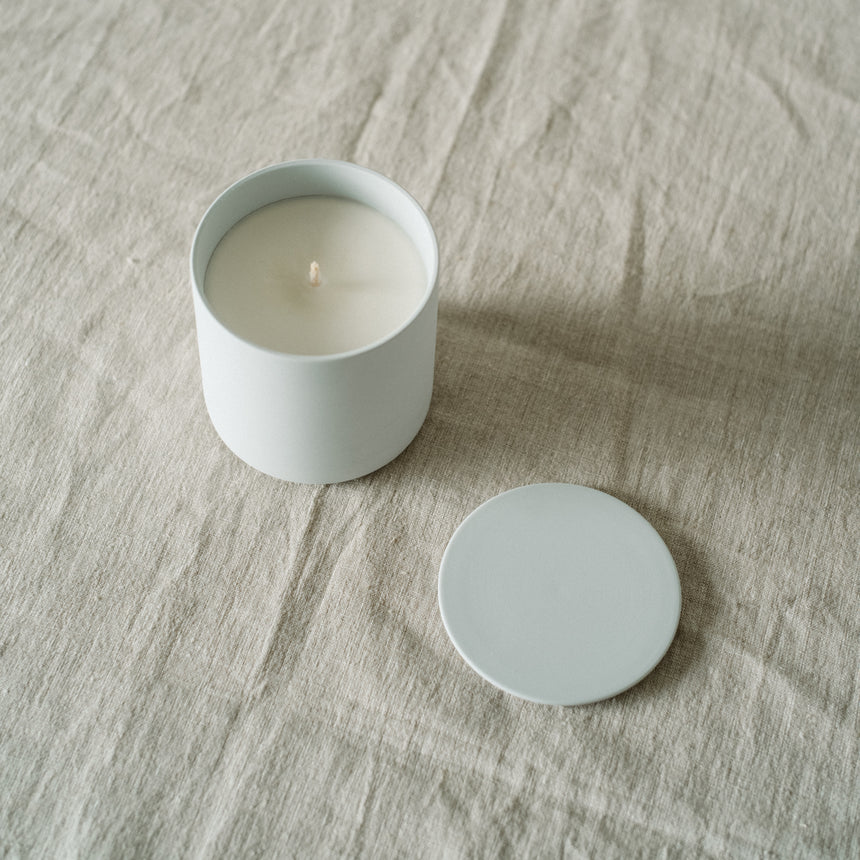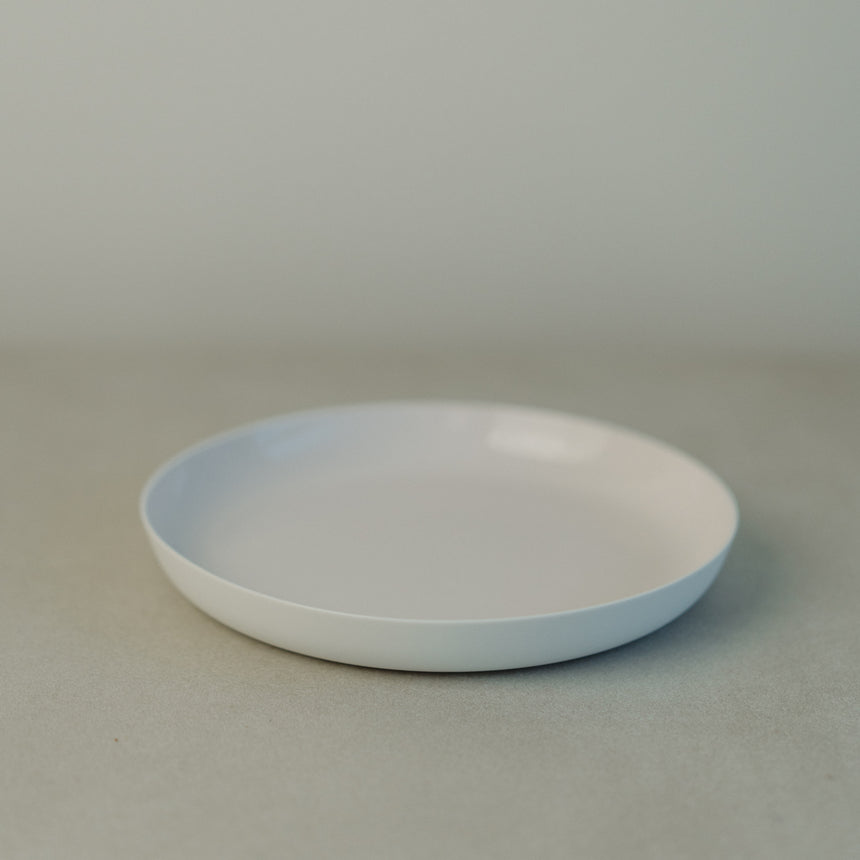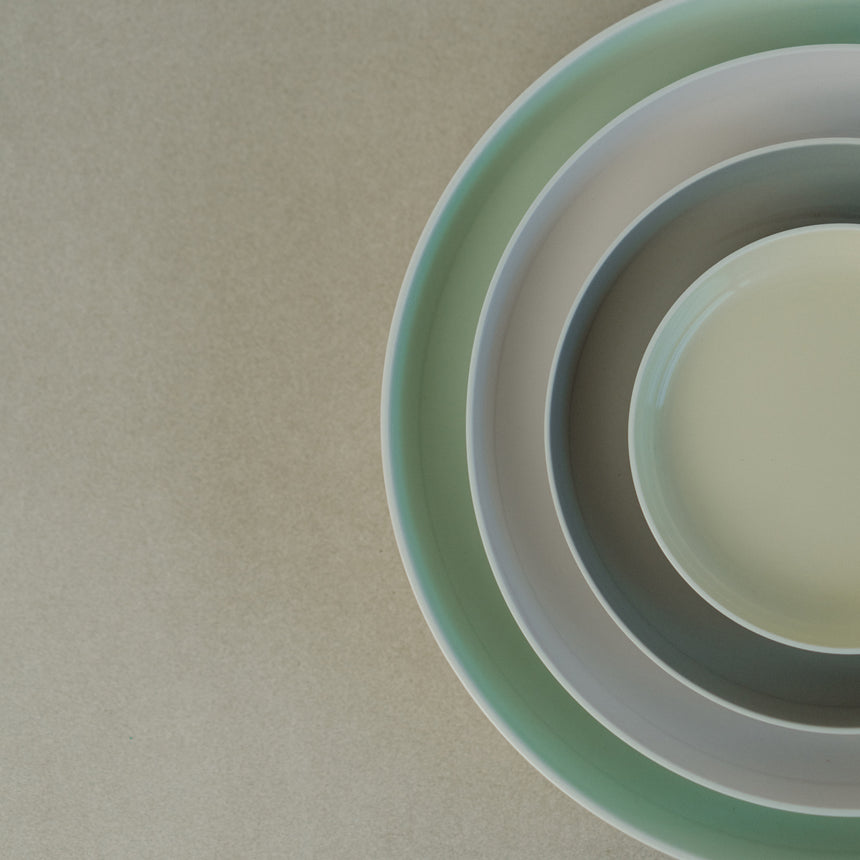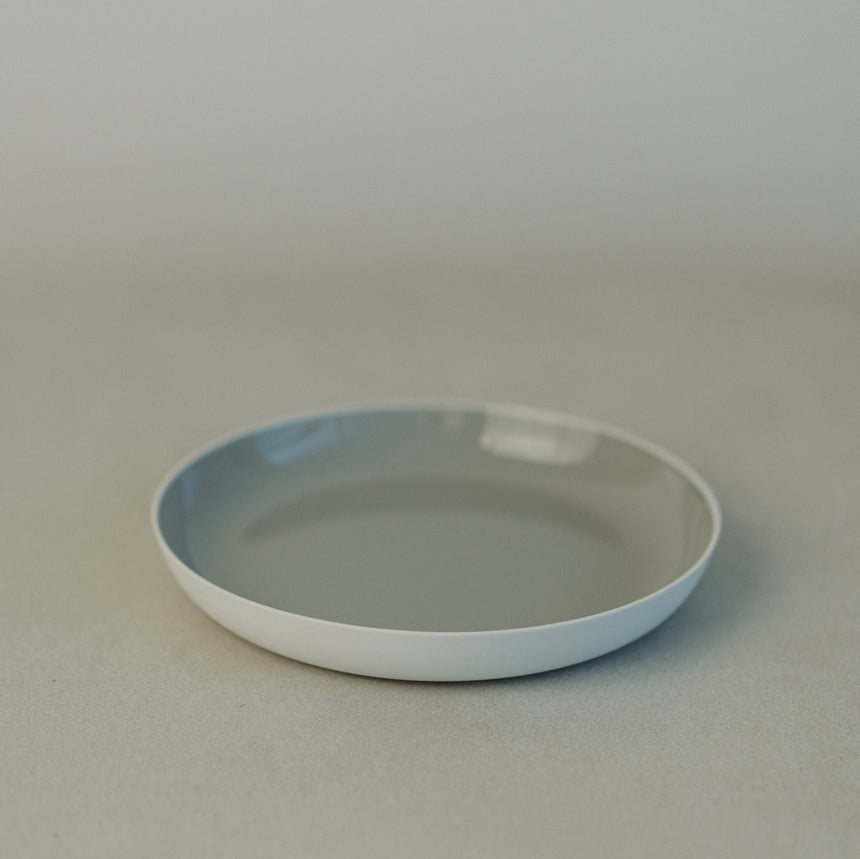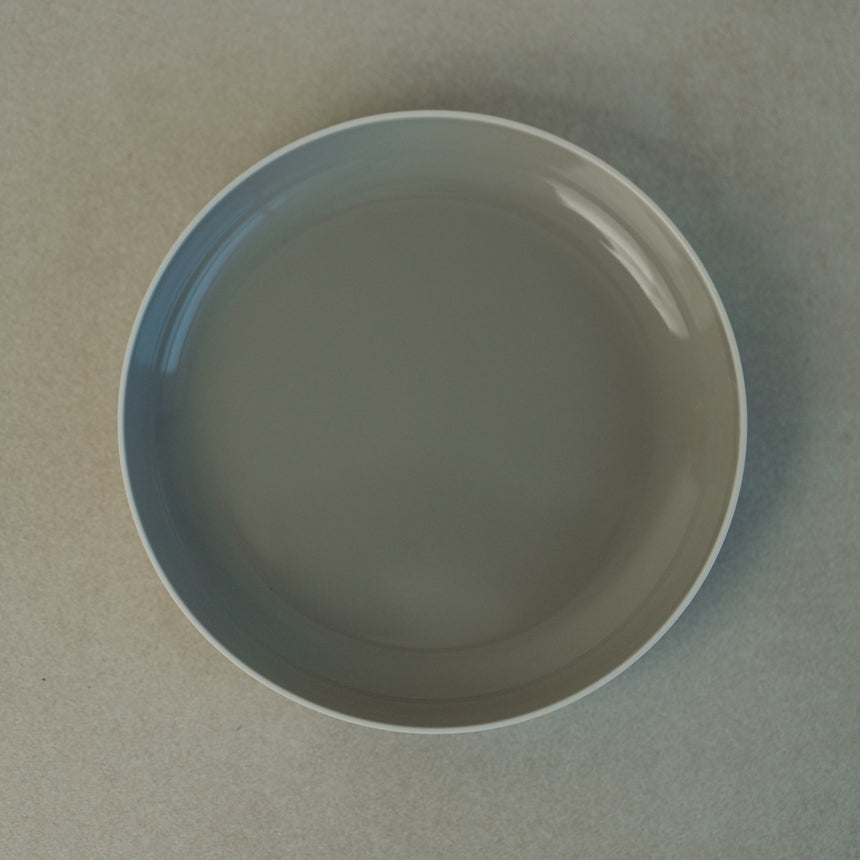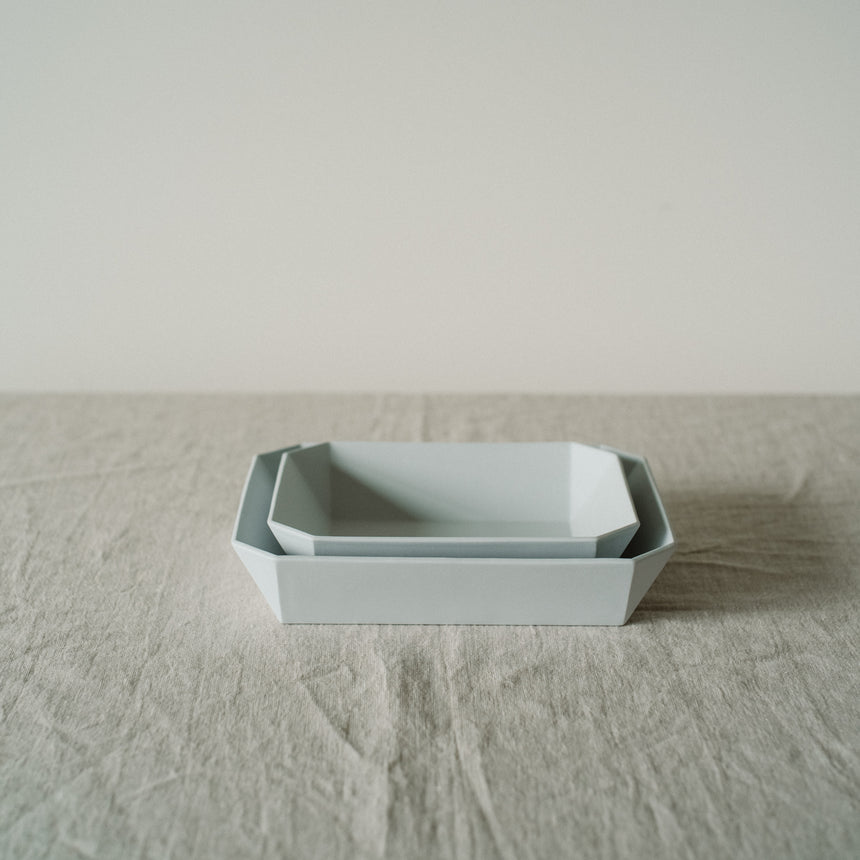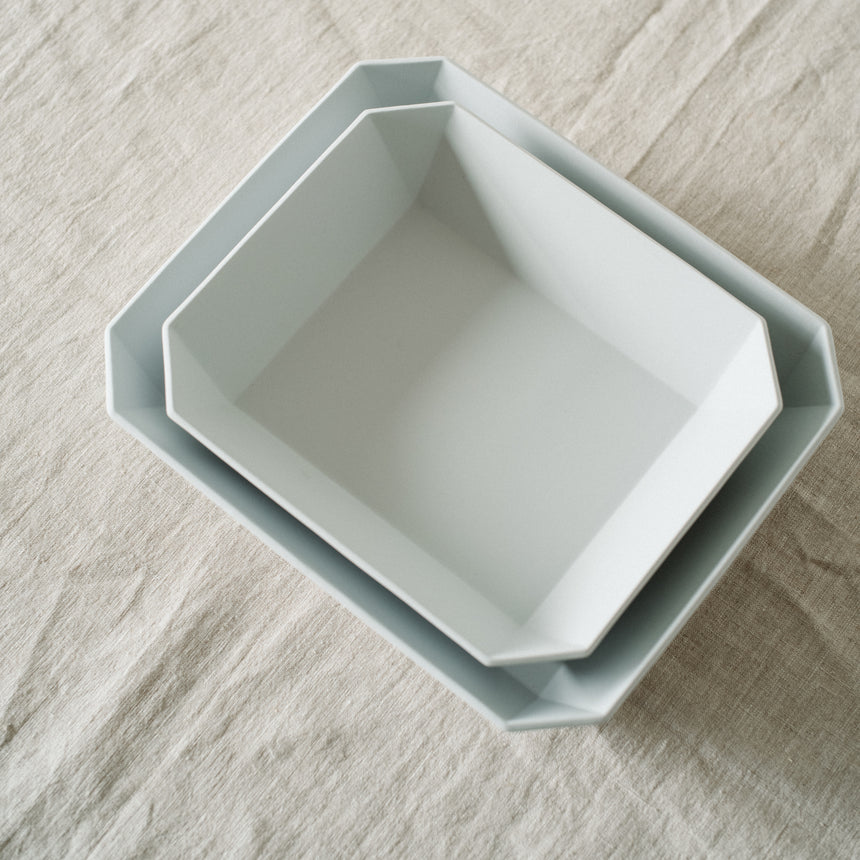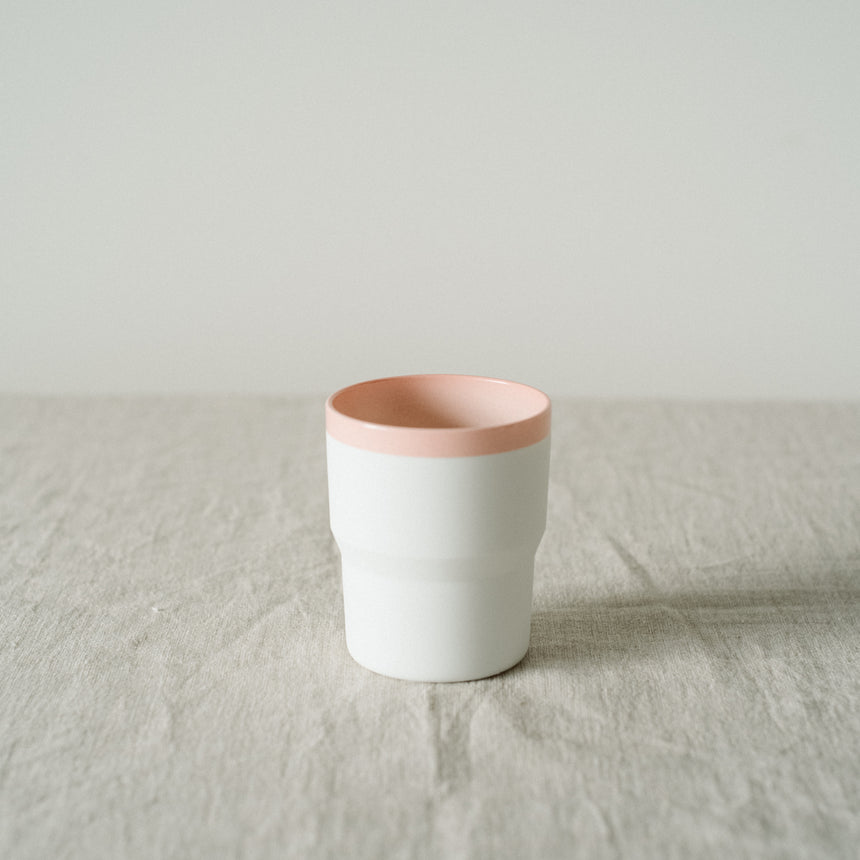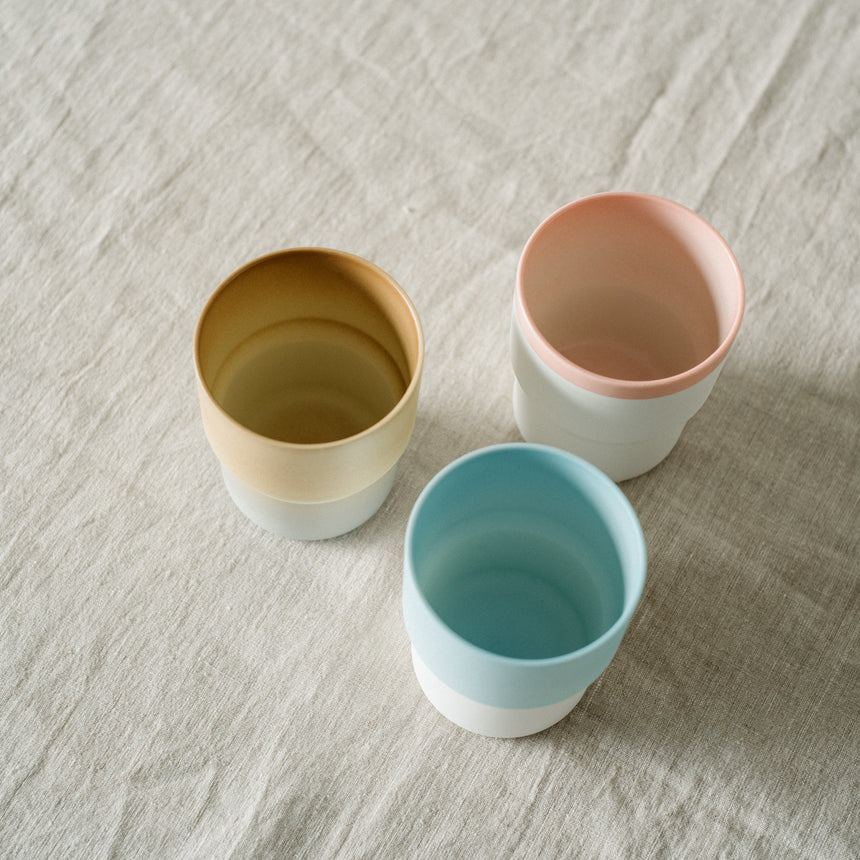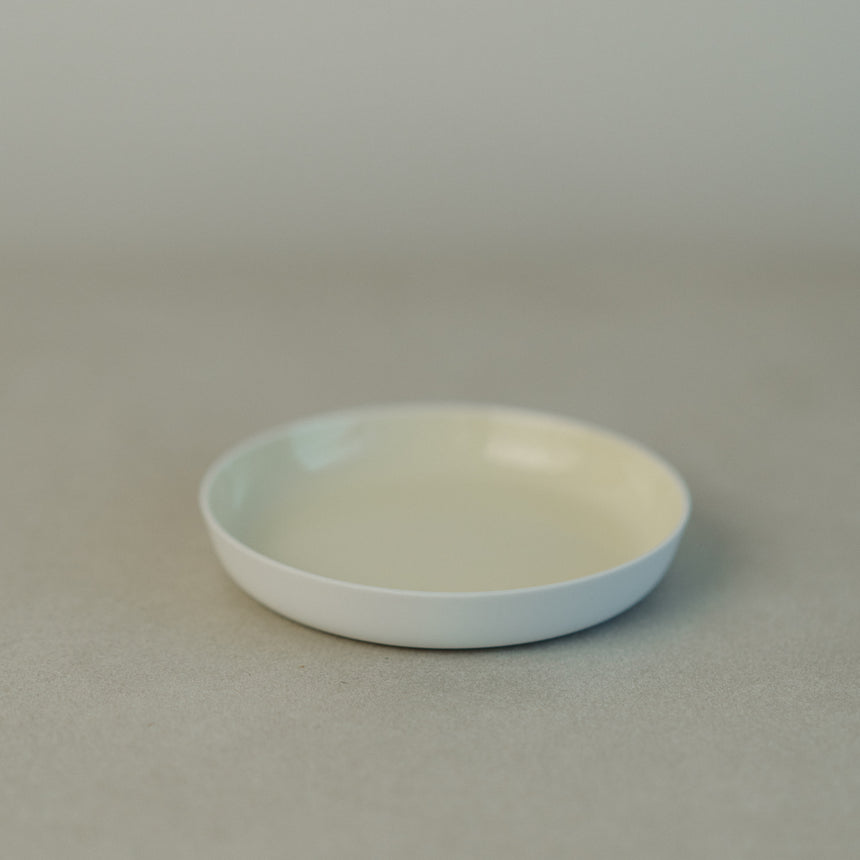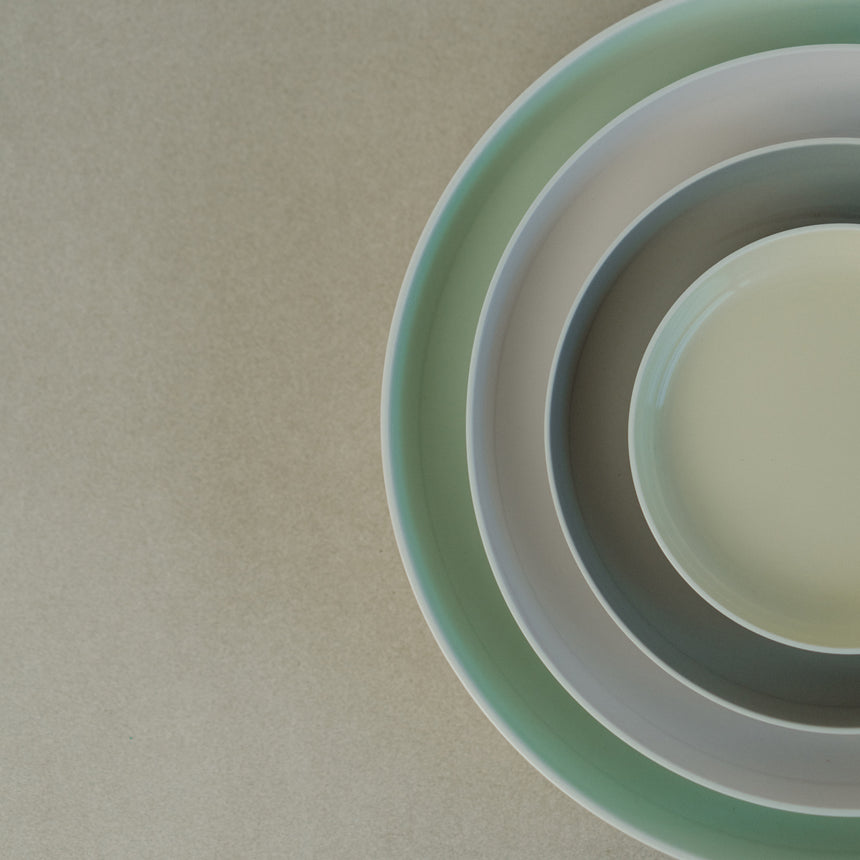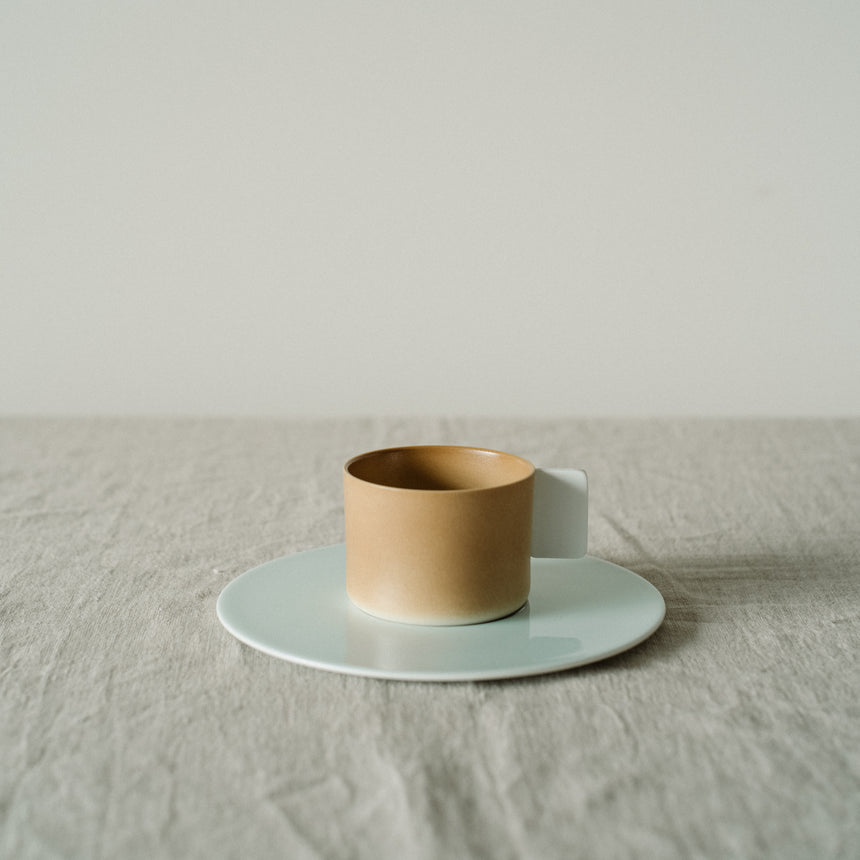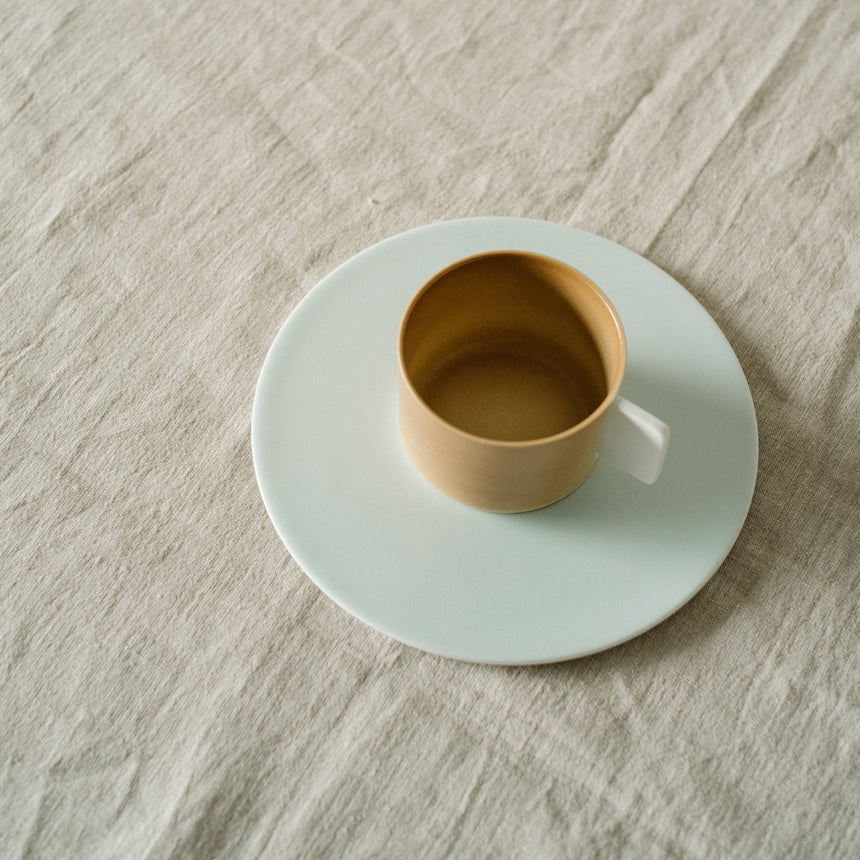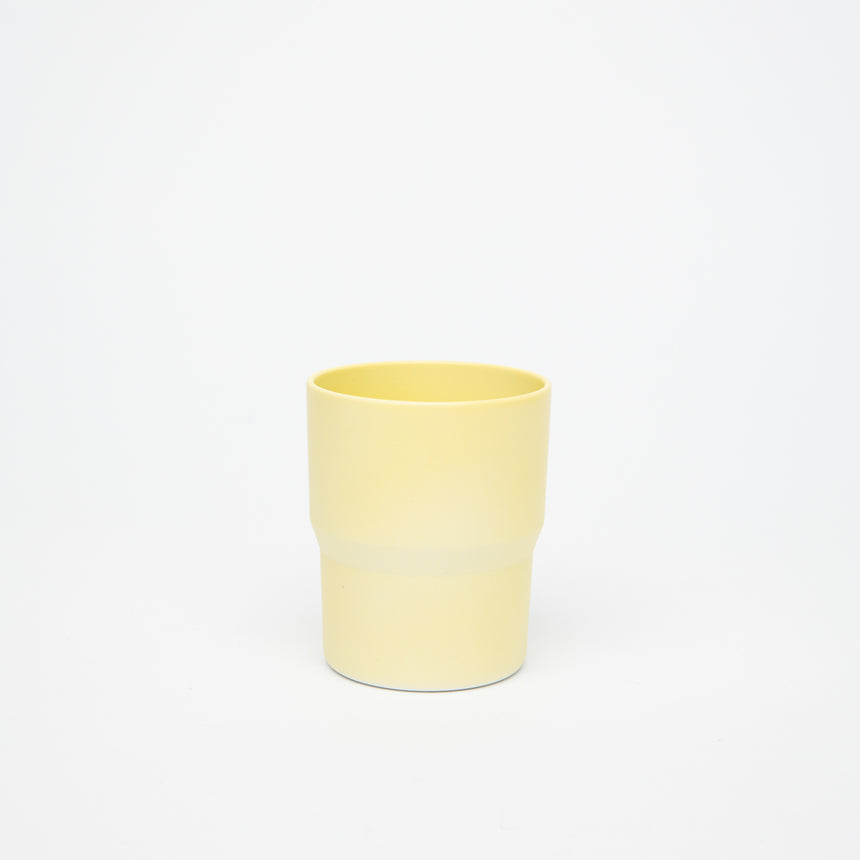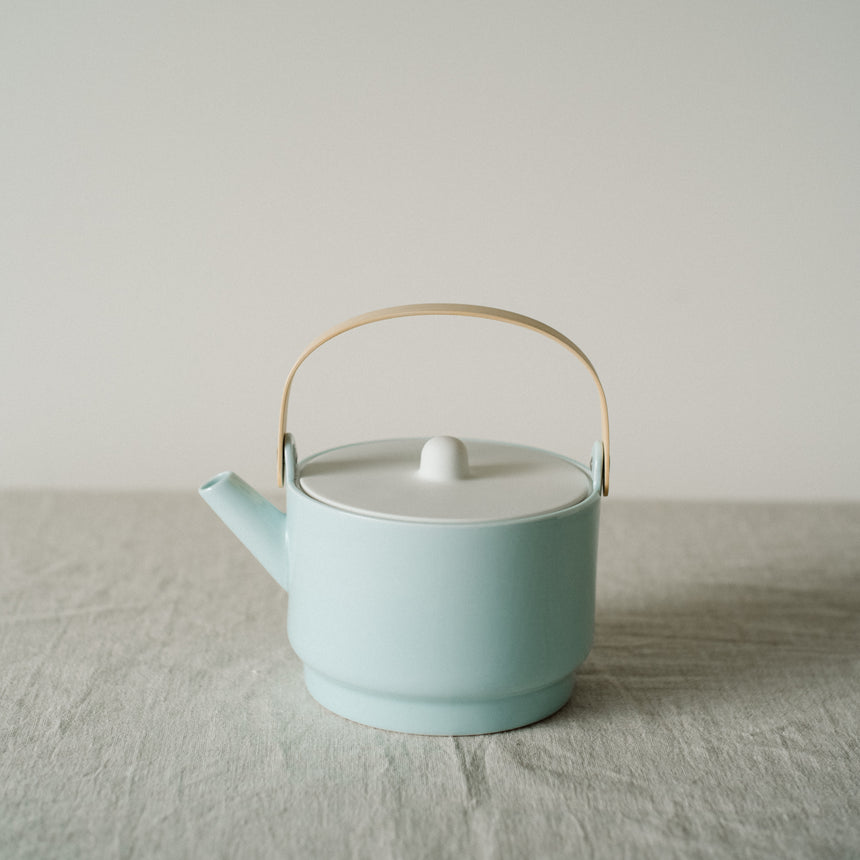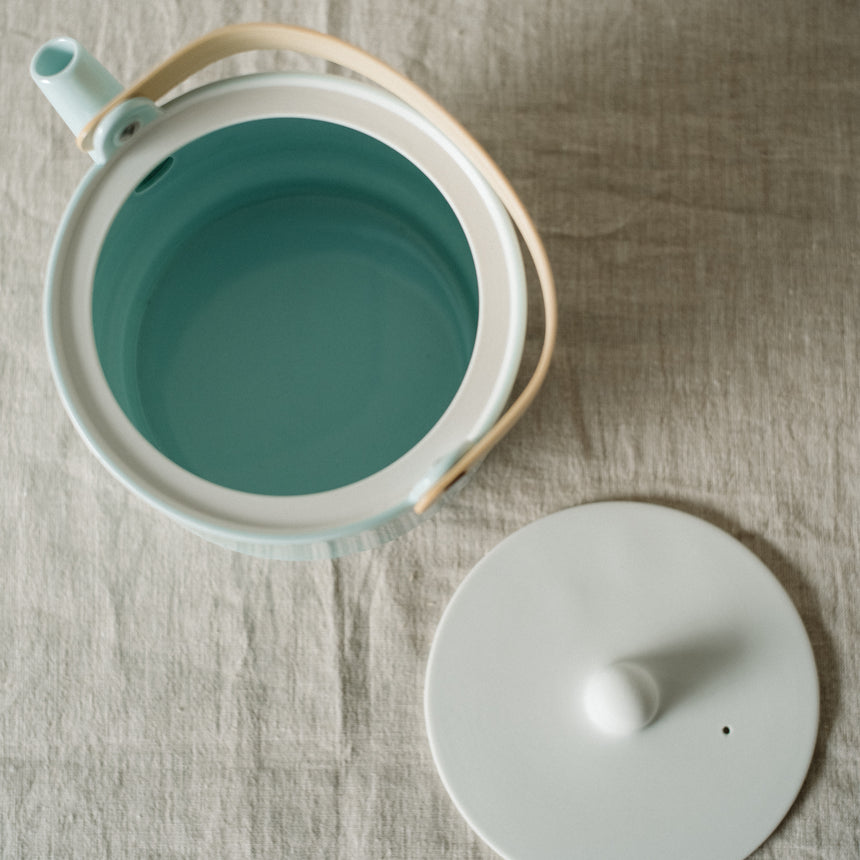1616/arita japan
Aritayaki, a type of Japanese pottery, finds its roots in the ancient ceramics town of Arita located on Kyushu Island in southern Japan. It was in this town, in the year 1616, that the Koreans first introduced the art of pottery to Japan. Up to today Arita still produces ceramics made by local craftsmen using the distinctive ingredient of clay made from crushed stone.
Inspired by the profound experience and skills of local Arita craftsmen, designer and creative director Teruhiro Yanagihara developed a complete new ceramics brand for Momota-Touen Corporation.
Named after its origins, 1616/arita japan products are produced in the same factories as the original Arita pottery but take a completely different design approach.
1616/arita japan stands for contemporary products that can be used every day, though made with the extraordinary workmanship, thinness, and strength of original Arita ware.
Teruhiro Yanagihara, the creative director of 1616/arita japan, designed the “Standard” series and at the same time invited Dutch designers Scholten & Baijings to develop their own line named “Colour Porcelain”. Both contributions throw new light on Japanese tradition, mixing Asian craftsmanship with European culture. While Teruhiro Yanagihara experiments with the clay and the usage of the pottery, Scholten & Baijings emphasize the dialogue between applied art and everyday use by means of color and form.


